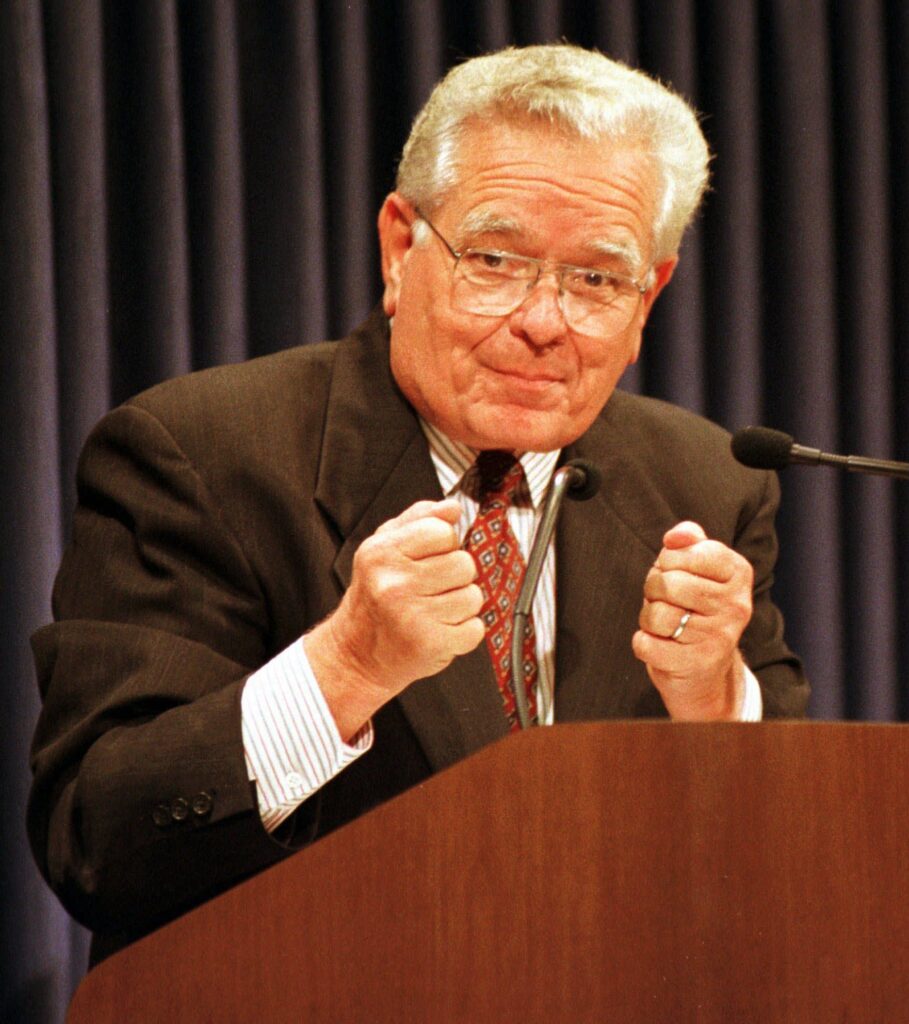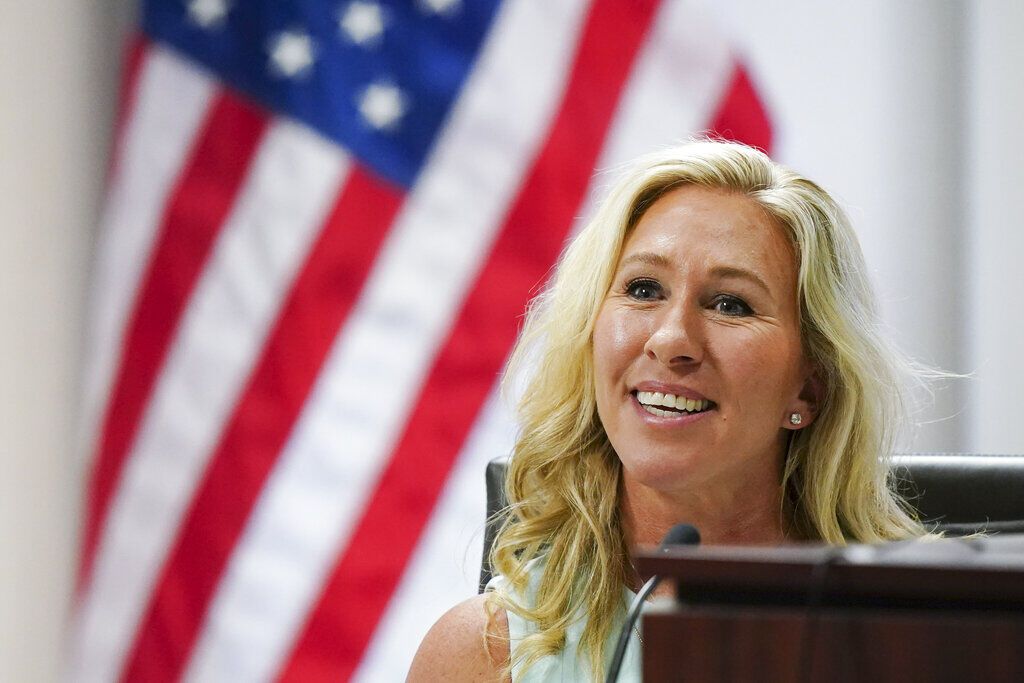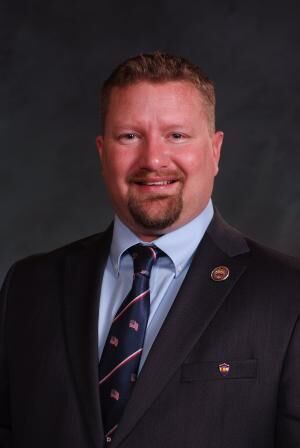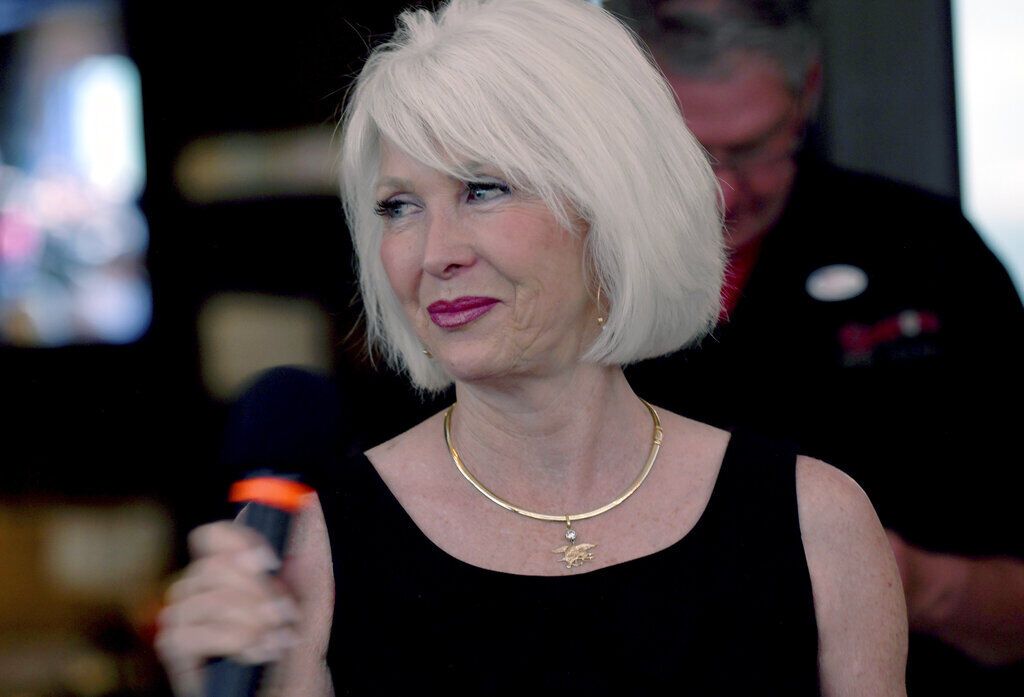Proposals advance for wildfire-detecting cameras, forestry workforce expansion

A state Senate committee unanimously advanced two bills Thursday aiming to improve Colorado’s wildfire prevention efforts through workforce development and new technology.
These are the first wildfire bills to pass out of committee this session, after the state legislature approved nearly a dozen laws last year trying to mitigate the threat of wildfires in Colorado. Just over one year ago, the Marshall fire became the most destructive wildfire in Colorado history, destroying more than 1,100 homes and businesses in Boulder County. Before that, the three largest wildfires in state history all occurred in 2020.
“As global temperatures rise, droughts, natural disasters and specifically wildfires are increasing at an alarming rate,” said Sen. Sonya Jaquez Lewis, D-Longmont, sponsor of the first bill. “Colorado faces the largest increase in homes and businesses threatened by wildfire of any state in the nation.”
If passed by the full legislature, Senate Bill 5 would implement several measures intended to bolster the forestry workforce, including creating and expanding forestry programs in two-year and four-year colleges, and creating high school-targeted educational materials about career opportunities in forestry and wildfire mitigation.
The bill would also fund internships in timber, forest health and wildfire mitigation; increase recruitment efforts for college educators in wildland fire prevention and mitigation; and invest $1 million annually in the Wildfire Mitigation Capacity Development Fund. Not including that annual investment, the bill would cost $1.56 million in 2023-24 and $1.15 million in 2024-25.
Despite the bill’s Democrat-only sponsorship, the bill received unanimous bipartisan support from the Senate Agriculture and Natural Resources Committee Thursday.
“Resources don’t mean much if you don’t have the workforce to deploy them,” Sen. Lisa Cutter, D-Littleton, the other sponsor of SB 5, said. “The average age of a worker in the timber industry is in the 60s. The State Forest Service has told us, the timber industry has told us, and our firefighters have told us, they need more trained people on the ground ready to help preserve and protect our forests.”
The committee was also united in advancing Senate Bill 32, to create a pilot program that would use fire-detecting cameras to monitor the state for wildfires.
The pilot program would place mobile cameras in remote areas throughout the state and use artificial intelligence systems to detect wildfires and notify firefighters when they spark. The program would run from April 2024 to September 2027 in the wildland-urban interface – where human-built environments meet natural environments, creating greater wildfire risk – and cost $2 million over the four years.
“It can detect just a wisp of smoke and it’s that type of situation in remote areas that could save forests, homes, properties and lives,” said Sen. Joann Ginal, D-Fort Collins, who sponsored SB 32. “This is an excellent tool that, if we test it over the timeframe of a pilot program, may be preventing a lot of wildfires for years to come.”
Lawmakers unsuccessfully tried to create the same pilot program last year with House Bill 22-1148. Though the bill received bipartisan sponsorship and unanimously passed the House Agriculture Committee, it was killed by the House Appropriations Committee on the last day of the session after being left on the agenda for three months without action.
Critics at the time raised concerns about investing in technology that may be obsolete soon and questioned the usability of the data the cameras collected.
That year, the Wildfire Matters Review Committee rejected the proposal for the bill, leading to individual lawmakers bringing the bill forward themselves. The committee is backing the bill this year and Sen. Cleave Simpson, R-Alamosa – who was on the committee when it rejected the pilot program in 2022 – is now sponsoring SB 32.
“Originally, I was a little suspect about the camera technology because I really thought somebody had to watch it for it to be effective. I’ve learned and now have a greater appreciation for the artificial intelligence and the technology,” Simpson said. “It seems like an appropriate investment in learning more about this technology and how it can help the state of Colorado.”
The Senate Agriculture and Natural Resources Committee voted 7-0 in support of both SB 5 and SB 32. The bills will now be sent to the Senate Appropriations Committee for consideration in the coming weeks.













